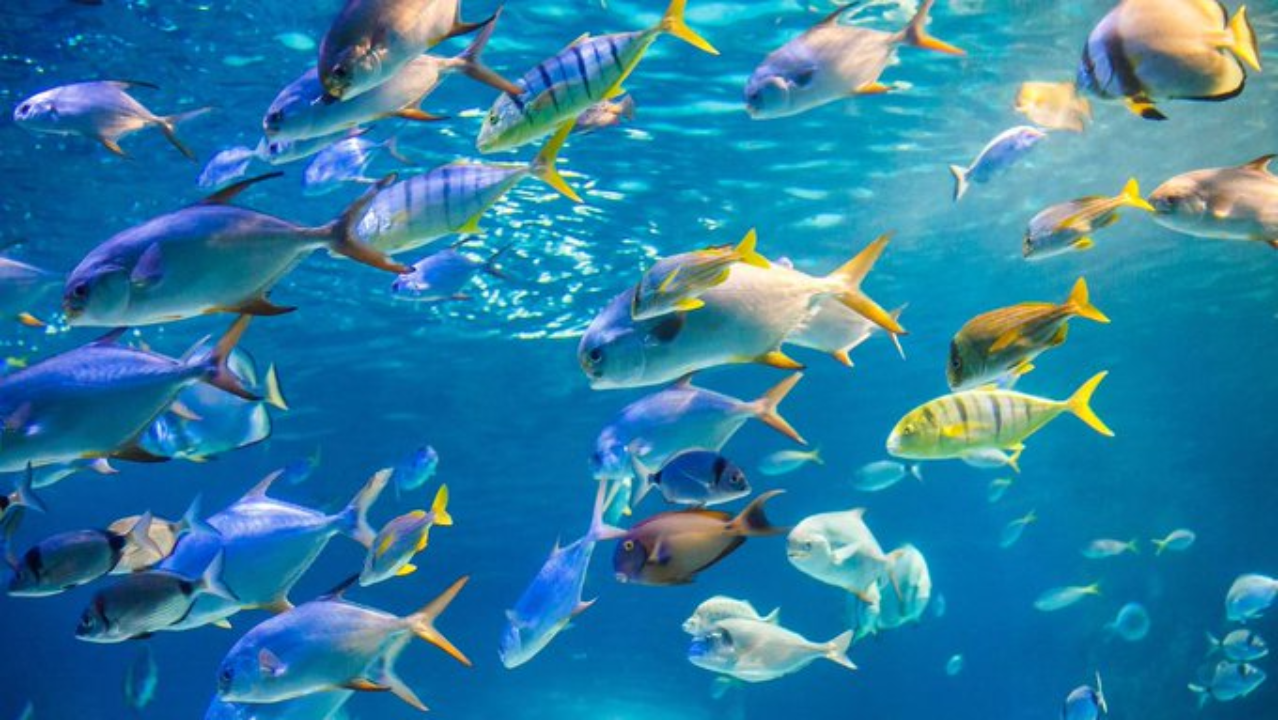
Post by : Naveen Mittal
The global community has taken a major step toward preserving marine life as the WTO agreement on fisheries subsidies officially took effect this week. After years of negotiation and several rounds of approvals, 112 countries have agreed to implement measures aimed at reducing harmful subsidies that encourage overfishing. This landmark agreement is seen not only as a breakthrough for ocean conservation but also as a blueprint for future multilateral environmental cooperation.
The WTO agreement on fisheries subsidies is the first binding, multilateral trade agreement with an environmental focus. It represents a turning point in the fight against unsustainable fishing practices, which have long threatened the health of marine ecosystems and the livelihoods of millions around the world. Championed by WTO Director-General Ngozi Okonjo-Iweala, the deal took effect after Brazil, Kenya, Tonga, and Vietnam ratified it. This ensured that at least two-thirds of the organization's 166 members approved it, as required.
Among the signatories are major global players such as China, the United States, and the European Union’s 27-member bloc. However, some key nations, including India and Indonesia, have yet to come on board. Their participation in future phases of the deal will be crucial for ensuring comprehensive global implementation.
Overfishing has been a problem for decades, with its roots extending back over a generation. According to Oceana, one of the world’s leading marine conservation groups, over 38% of global fish stocks are currently overfished. Many species are facing collapse, threatening the food security of hundreds of millions of people who depend on the ocean for their livelihoods.
Dr. Rashid Sumaila, a board member of Oceana and head of the Fisheries Economics Research Unit at the University of British Columbia, warned, “Without fish, it’s game over for the hundreds of millions of people who depend on the ocean.” He emphasized that while the first phase of the WTO agreement on fisheries subsidies is a significant step, it does not address all the financial incentives driving overcapacity in the global fishing industry.
The first phase of the agreement focuses primarily on subsidies for illegal fishing and fishing of overexploited stocks. These provisions aim to curtail destructive practices and improve governance. Countries will now be required to reduce some of the $22 billion in global subsidies that encourage such activities.
Additionally, the deal will create a “fish fund” designed to assist developing countries in implementing the new rules. This financial support will be crucial for nations that rely heavily on fishing for both food and economic growth but lack the infrastructure to regulate the industry effectively.
However, the second part of the agreement, which deals with subsidies that cause overcapacity—such as those for building fishing vessels—has yet to be finalized. Experts warn that without addressing this issue, efforts to reduce overfishing will fall short, as fleets will continue to expand, making it easier and cheaper to fish in unsustainable ways.
The second phase of the WTO agreement on fisheries subsidies is particularly important because of its economic ramifications. Subsidies that support fleet expansion lower the cost of fishing vessels, which in turn incentivizes large-scale fishing operations that deplete fish stocks at alarming rates. Addressing overcapacity is essential to ensuring long-term sustainability, but agreeing on how to regulate these subsidies remains a contentious issue.
Experts hope that the momentum created by the first phase will help push through further reforms. The agreement lays a foundation that, if expanded upon, could become one of the most comprehensive global efforts to protect marine biodiversity.
Beyond environmental concerns, overfishing has deep social impacts. Coastal communities, particularly in developing countries, rely heavily on fishing for food and income. As fish stocks decline, poverty and food insecurity are rising, exacerbating already fragile socio-economic conditions.
The WTO agreement on fisheries subsidies offers a pathway toward stabilizing marine ecosystems and ensuring that fisheries remain viable for generations to come. The creation of financial mechanisms like the “fish fund” acknowledges that global sustainability cannot be achieved without supporting vulnerable populations.
The road to ratification has not been without its challenges. Many countries are hesitant to limit subsidies that bolster their domestic fishing industries. Others fear that strict rules could hinder economic growth or disadvantage local fishermen. Geopolitical tensions, trade disputes, and environmental policy disagreements have all slowed progress.
Despite these challenges, the agreement’s adoption signals growing international recognition of shared responsibility. As the climate crisis intensifies and oceans face increasing stress from pollution and industrial activity, global cooperation is more urgent than ever.
With the WTO agreement on fisheries subsidies in effect, attention now turns to the implementation phase and the push for its second part. Civil society groups, scientists, and policymakers alike are calling for swift action to expand the agreement’s scope to include capacity-reducing measures.
Additionally, ocean conservationists are urging governments to integrate this agreement with broader climate and environmental initiatives. Protecting fish stocks is essential not only for biodiversity but also for achieving sustainable development goals related to poverty reduction, hunger, and economic resilience.
The upcoming WTO meetings and subsequent negotiations will play a pivotal role in shaping the future of ocean governance.
The activation of the WTO agreement on fisheries subsidies marks a milestone in the fight against overfishing and marine ecosystem degradation. While it does not solve every challenge, it represents a critical first step toward global cooperation in addressing one of the planet’s most pressing environmental crises. With the right support and commitment, this agreement could serve as a blueprint for broader efforts to ensure sustainable fisheries and safeguard ocean health for generations to come.
#Overfishing #WTO #FisheriesSubsidies #OceanConservation #SustainableFishing #MarineLife #ClimateAction #GlobalAgreement #FishFund #ProtectOurOceans
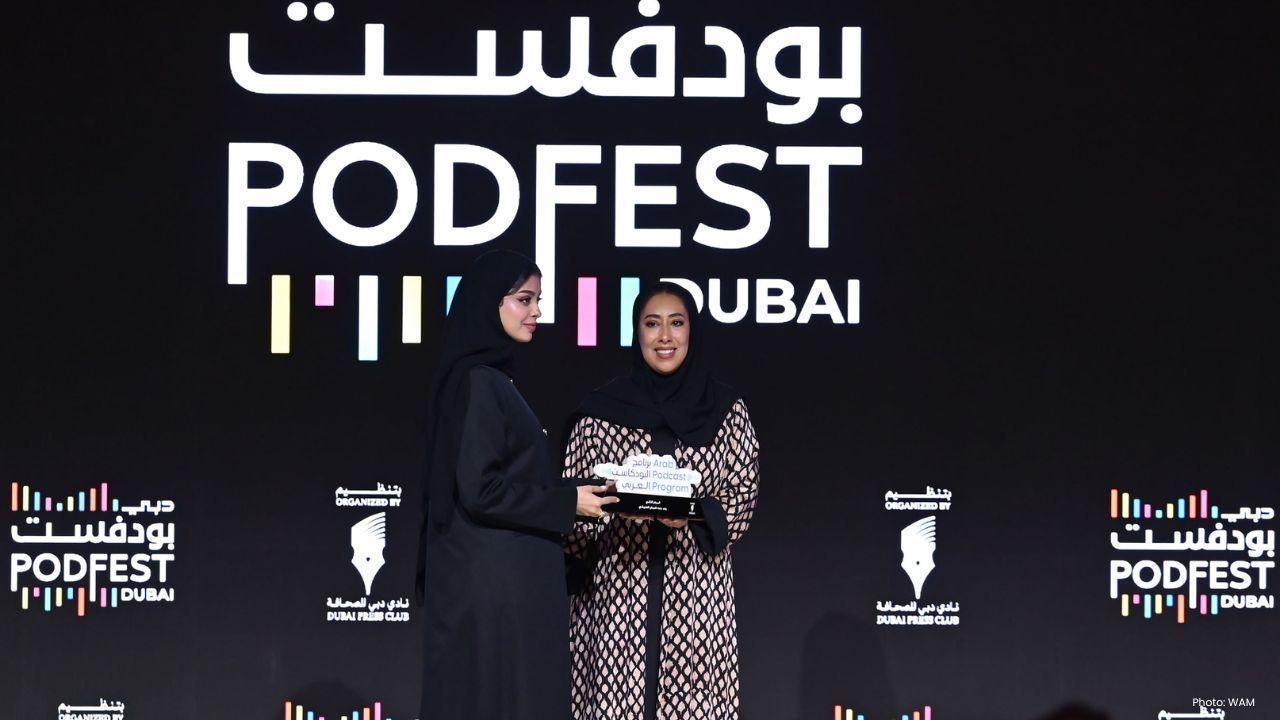

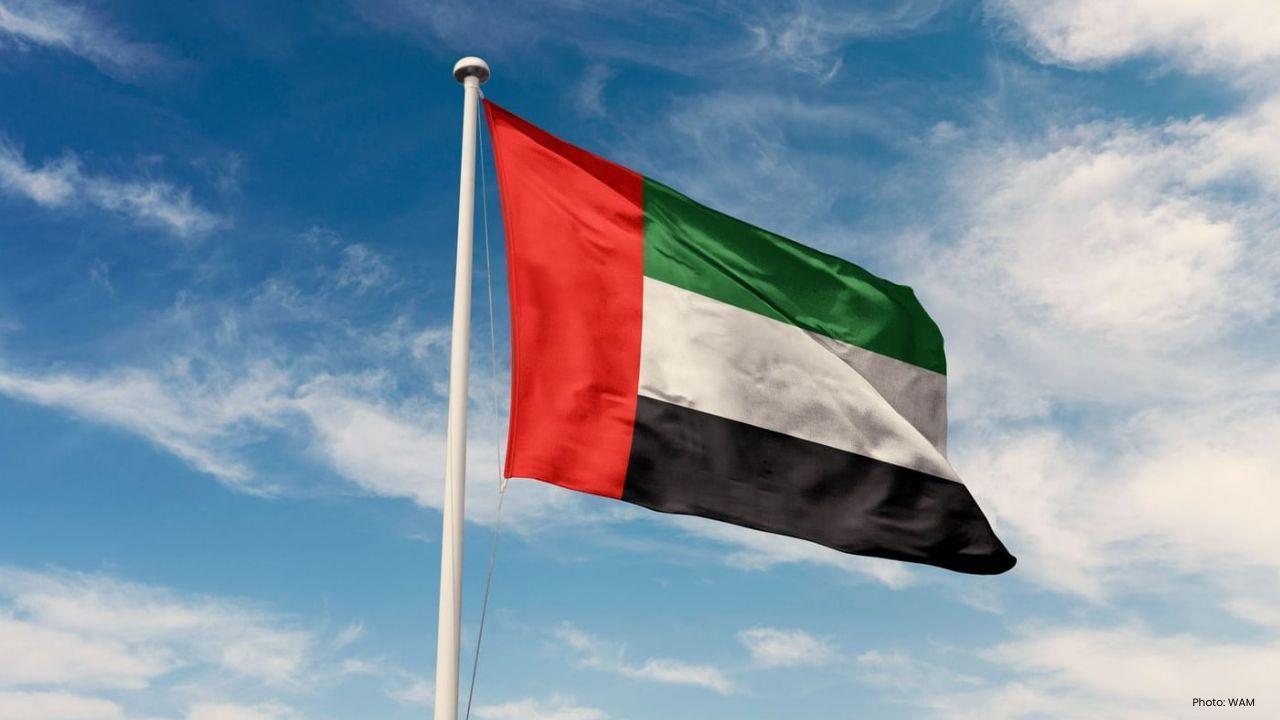
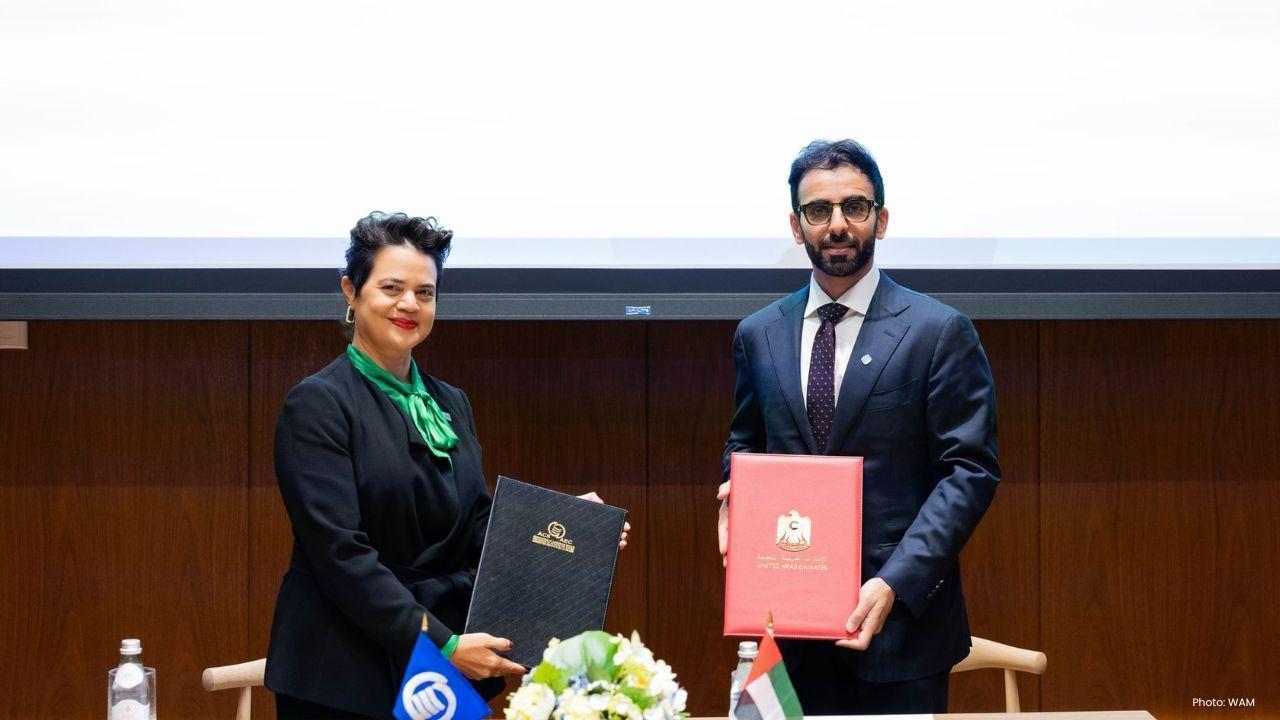
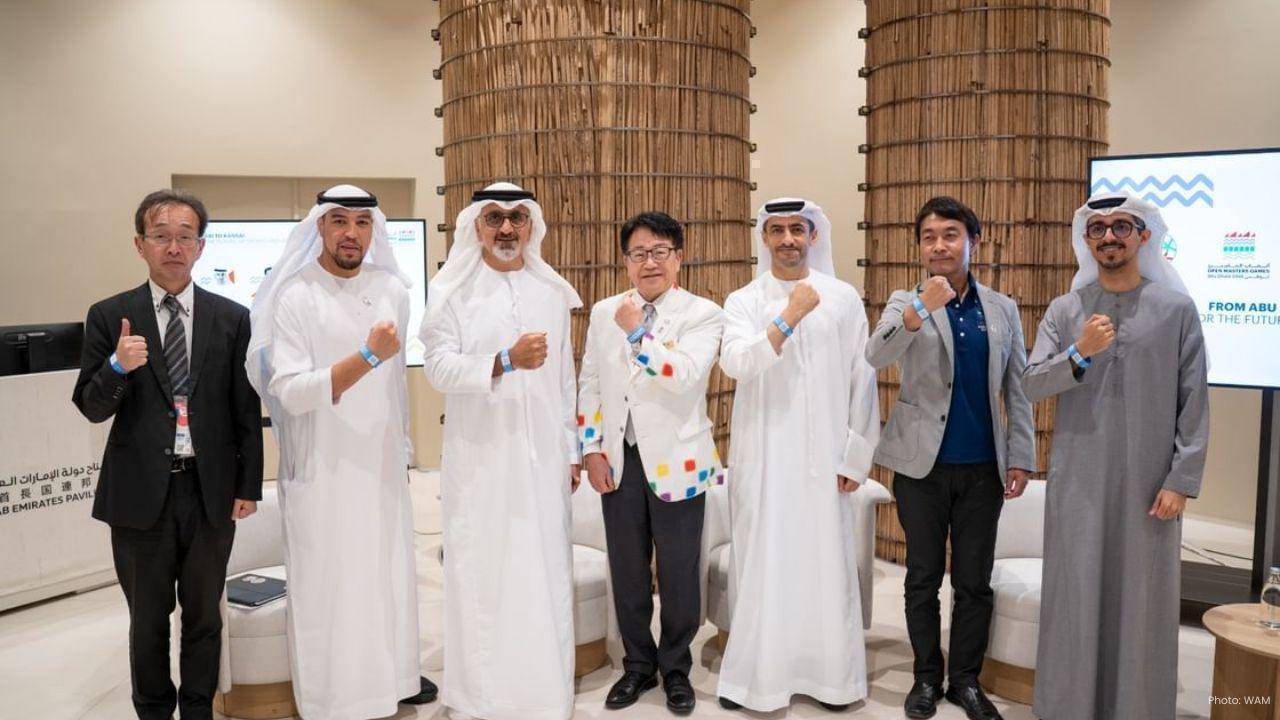

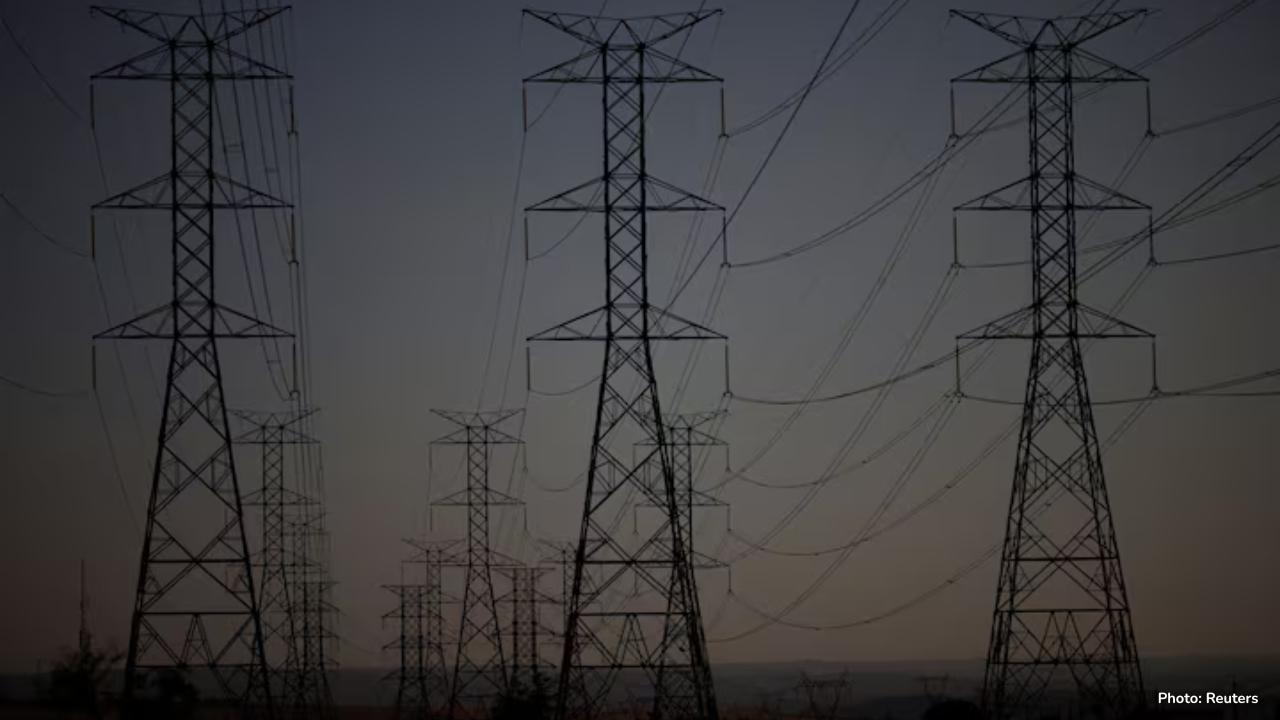

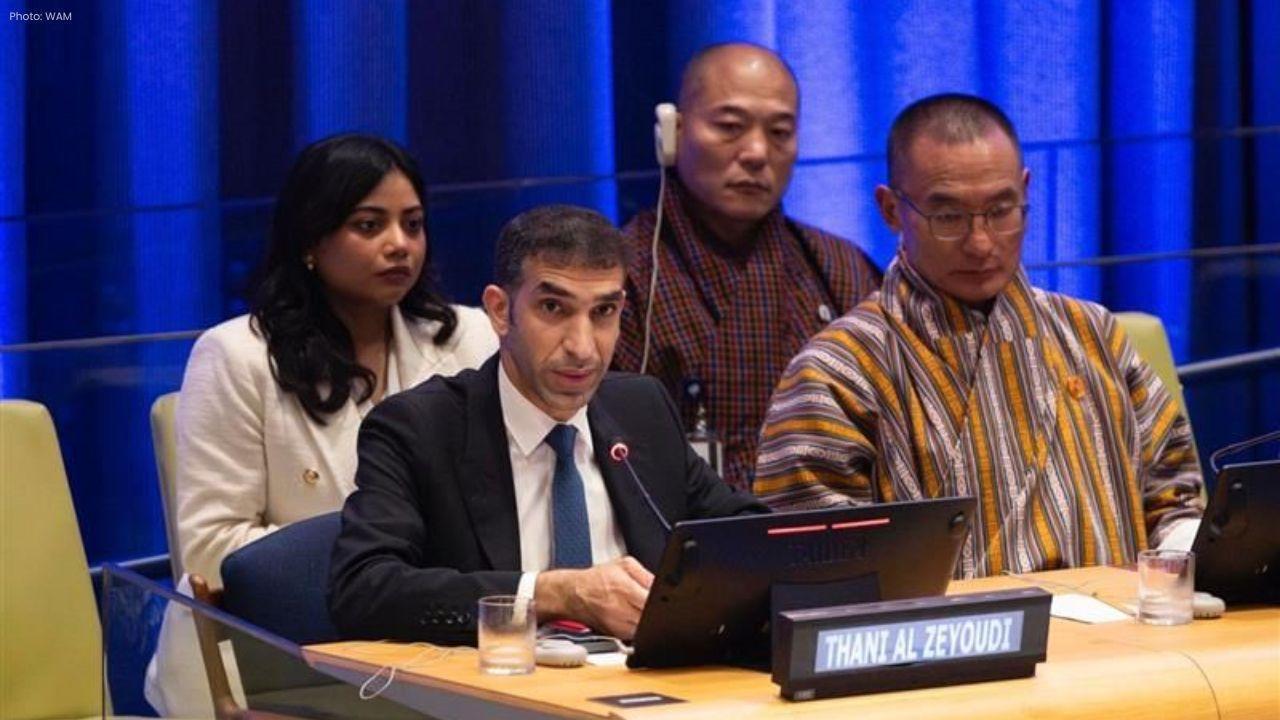

OpenAI's Revenue Soars to $4.3 Billion in First Half of 2025
OpenAI's revenue reaches $4.3 billion in the first half of 2025, marking a 16% increase from the pre

UAE Leaders Send Condolences to Saudi King Over Princess Abta's Death
UAE rulers and crown princes sent heartfelt messages to King Salman, mourning the passing of Princes

Brazil's Surplus Clean Energy Attracts Crypto Miners
Brazil's excess renewable energy is luring cryptocurrency miners. Companies like Tether and Renova E

Visa Tests Stablecoins to Make Global Payments Faster
Visa is testing stablecoins for international payments, aiming to speed up transactions and reduce t

Opera Unveils Neon AI Browser for Smarter Web Browsing
Opera introduces Neon, an AI-powered browser that automates tasks and enhances privacy, aiming to re

Albanese Visits Sheikh Zayed Grand Mosque in Abu Dhabi
Australian PM Albanese tours Sheikh Zayed Grand Mosque, highlighting peace, tolerance, and cultural